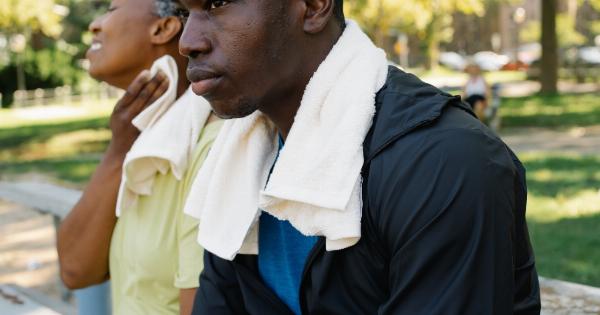Summer is a time for fun and relaxation, but it also comes with its share of health risks. Hot weather, outdoor activities, and increased exposure to germs can cause a variety of illnesses.
Here are five common summer illnesses and tips on how to prevent and treat them.
1. Sunburn
Too much sun exposure can lead to painful sunburn, which can increase your risk of skin cancer. To prevent sunburn, apply sunscreen with SPF 30 or higher before going outside and reapply every two hours, especially after swimming or sweating.
Wear protective clothing, such as a hat and sunglasses, and avoid peak sun hours from 10 a.m. to 4 p.m. If you do get sunburned, take cool baths or apply aloe vera gel to soothe the skin. Over-the-counter pain relievers can also help with pain and inflammation.
2. Heat Exhaustion
Heat exhaustion can occur when your body overheats, and you become dehydrated. Symptoms include heavy sweating, weakness, nausea, and dizziness.
To prevent heat exhaustion, stay hydrated by drinking plenty of water and avoid alcohol and caffeine, which can dehydrate you. Wear lightweight, loose-fitting clothing made of breathable fabrics, such as cotton. Take breaks in the shade or an air-conditioned space, especially during peak sun hours.
If you experience symptoms of heat exhaustion, move to a cooler area, drink cool water, and rest. If symptoms persist, seek medical attention.
3. Food Poisoning
Food poisoning is a risk in the summer due to increased outdoor activities, barbecues, and picnics. To prevent food poisoning, wash your hands often, especially before and after handling food.
Keep food at the correct temperature, either refrigerated or hot, and avoid leaving food out for more than two hours. Use separate cutting boards and utensils for raw and cooked foods to prevent cross-contamination. If you experience symptoms of food poisoning, such as nausea, vomiting, diarrhea, abdominal pain, and fever, drink plenty of fluids and rest.
Most cases of food poisoning will resolve on their own within a few days.
4. Insect Bites and Stings
Insects are most active in the summer, and their bites and stings can cause itching, swelling, and pain. To prevent insect bites and stings, use insect repellent with DEET, wear long-sleeved shirts and pants, and avoid perfumes and scented products.
Use screens and keep doors and windows closed to keep insects out of your home. If you do get bitten or stung, remove the insect if possible, wash the area with soap and water, and apply a cold compress to reduce swelling. Over-the-counter antihistamines and pain relievers can also help with symptoms.
5. Swimmer’s Ear
Swimmer’s ear is an infection of the ear canal that occurs when water gets trapped in the ear after swimming. Symptoms include ear pain, itching, redness, and discharge.
To prevent swimmer’s ear, dry your ears thoroughly after swimming and avoid swimming in dirty or contaminated water. Don’t insert cotton swabs or other objects into your ear canal, as this can cause injury and increase your risk of infection. If you think you have swimmer’s ear, see your doctor for treatment, which may include antibiotic ear drops.
Conclusion
Summer is a fun time, but it’s important to take steps to protect your health. By following these tips, you can prevent and treat common summer illnesses and enjoy the season safely.





























